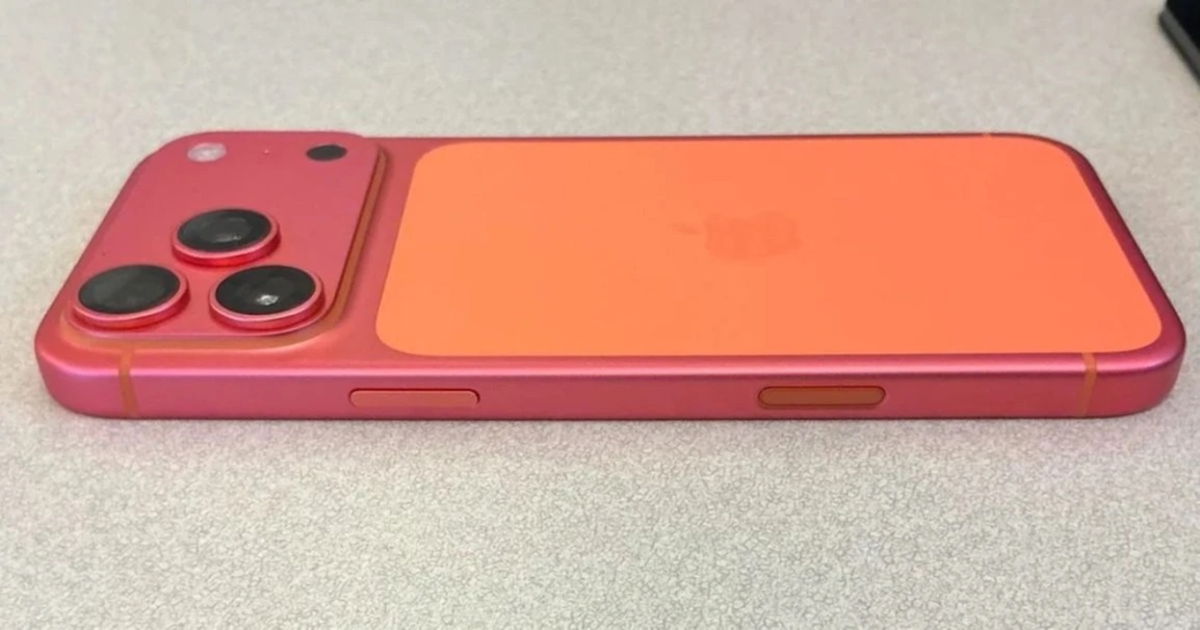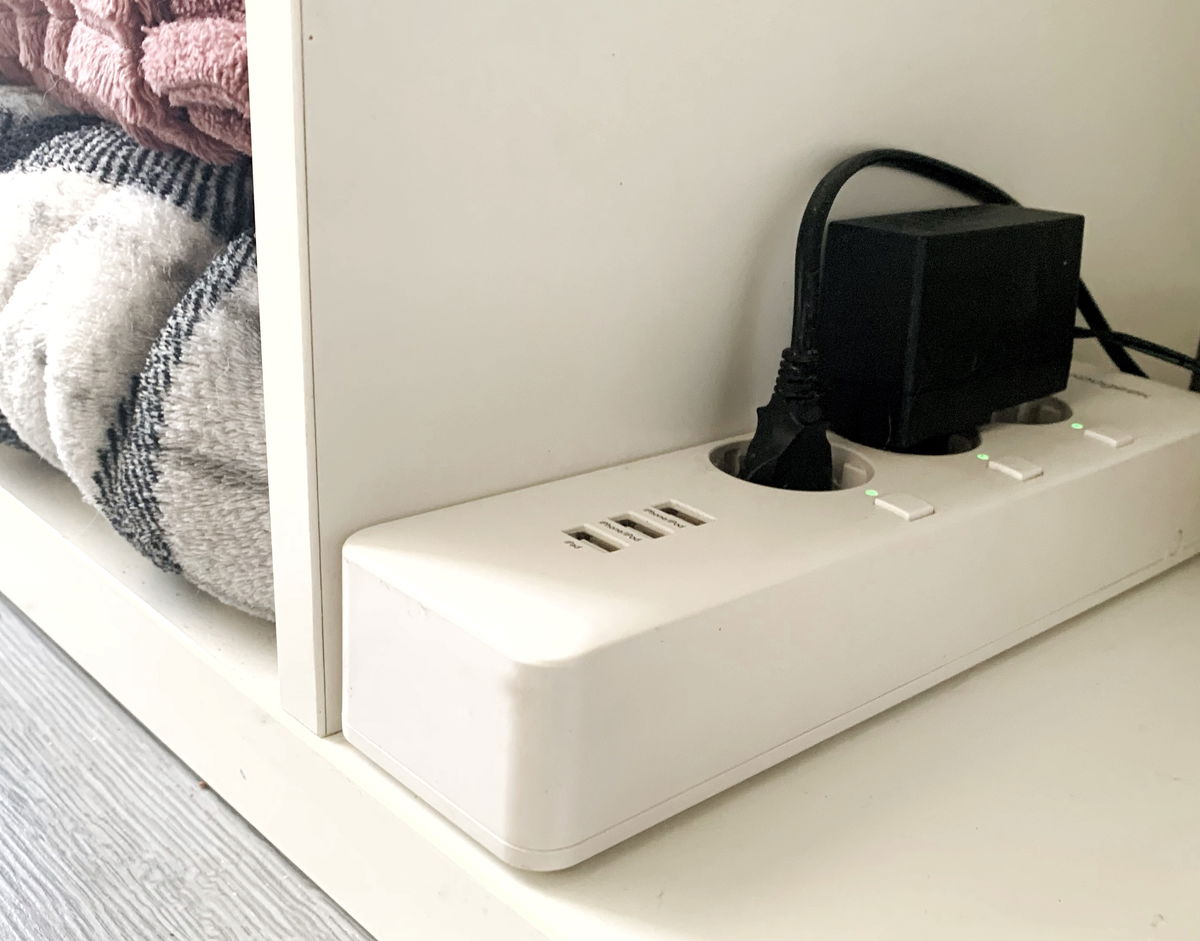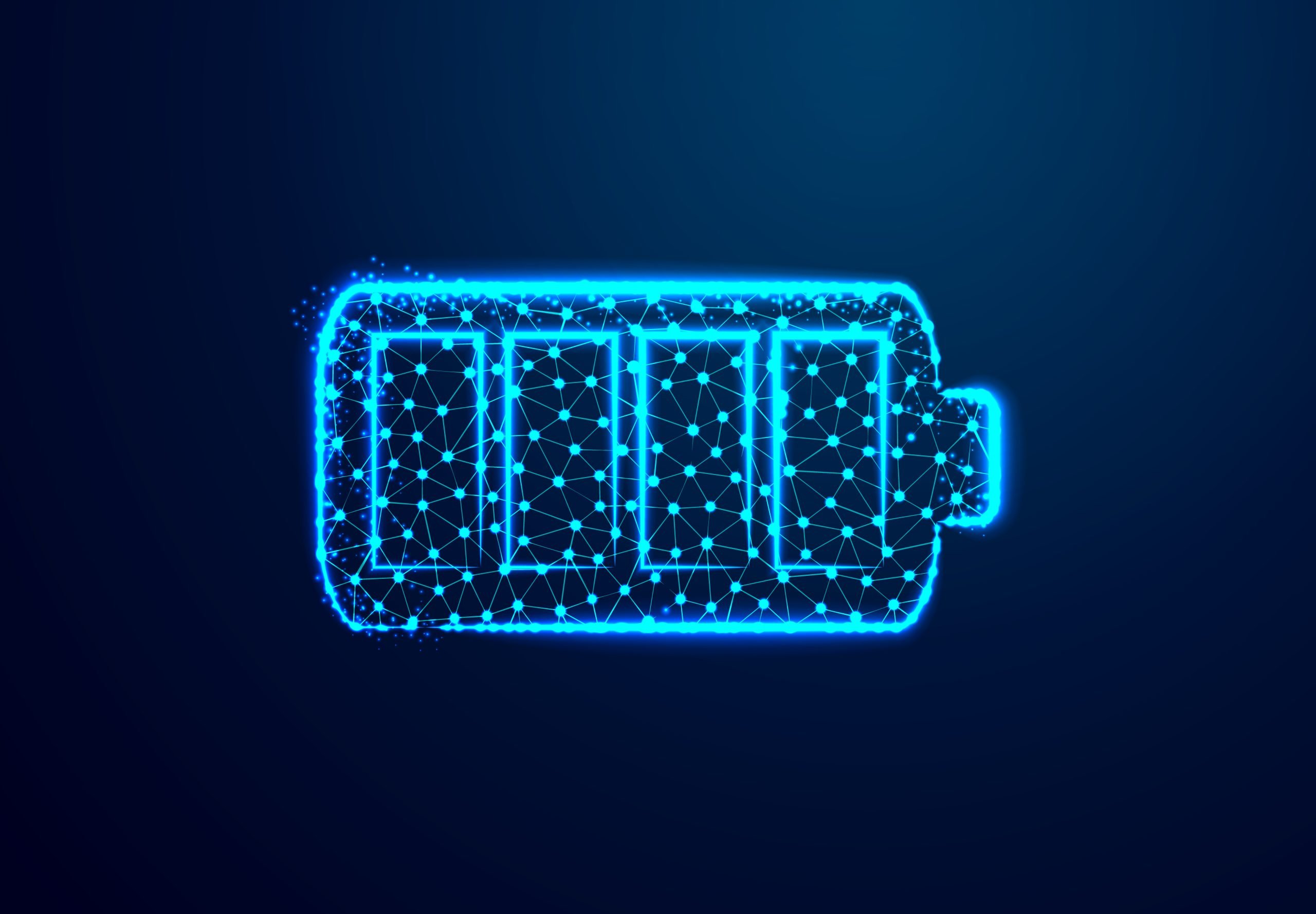If there are algorithms artificial intelligence able to detect respiratory diseases by coughing, why not do the same with intestinal infections? It is logical that it would be necessary to register not cough, but stool. Come on, we should install a voice recorder in the bathroom to distinguish between diarrhea and normal consistency. All this may seem like a joke, but in fact this is the purpose of the investigation. Georgia Institute of Technologywhich has just been presented on 183rd Meeting of the American Acoustic Society.
In particular, the goal of these scientists is detect diseases such as cholera. It is a common disease in places where conditions water sanitation they are scarce. This may be due to the fact that these are areas with few economic resources or in which natural disaster.
The authors of the study believe that thanks to this artificial intelligence algorithm, these areas can be tracked to detect outbreaks before they become a major public health problem. And it’s not just diarrhea. This disease can be very serious, even fatal, especially because it occurs in precisely those places where access to suitable medicines it’s harder. In the absence of medicines, pruning shoots at the root is vital.
What is cholera?
Cholera is an intestinal disease transmitted by bacteria. Vibrio cholerae. Mainly transmitted by ingestion undrinkable water or food contaminated with faeces.
Its main feature is very watery diarrhea, which quickly causes dehydration in affected people. Therefore, in places with difficult access to antibiotics, which are just the most affected, mortality can be very high.
Diarrhea detection with artificial intelligence
The authors of this new study proposed using an artificial intelligence algorithm capable of detecting a possible cholera outbreak by recognizing various types of deposits.
To do this, first of all, it is necessary to place the recording device that records the sound in such a way that non-invasive for users. These sounds are then converted into images using a technique known as spectrogram. This allows you to fix the patterns associated with different types of deposits. For example, the sound of urine is longer and the sound of stool is usually shorter. However, with diarrhea, it is more random and causes some heterogeneous, but recognizable patterns.
These spectrograms pass through artificial intelligence algorithm, which was previously trained by researchers on records of known situations. Recordings with or without background noise were used so that the algorithm could accurately capture the desired information.
 Maya Gatlin
Maya GatlinWhat is all this for?
The goal of these researchers is to place their device in bathrooms, places where sanitation issues cause problems. habitual outbreaks of cholera. Also in areas that have recently experienced natural disasters or that for whatever reason have a greater punctuality. In this way, they could find the places where the lesion starts to appear and cut it off even before patients begin to seek help.
This would be the main goal. However, these scientists do not exclude that in the future it can even be added to the functions of any smartphone, mainly to control intestinal transit in the most curious way. This would be a little unnecessary, because as users we can know if we have diarrhea or not, but we would save ourselves from having to enter data, and the phone itself could plot the monitoring. The future is already here, even in its most scatological versions.
Source: Hiper Textual














